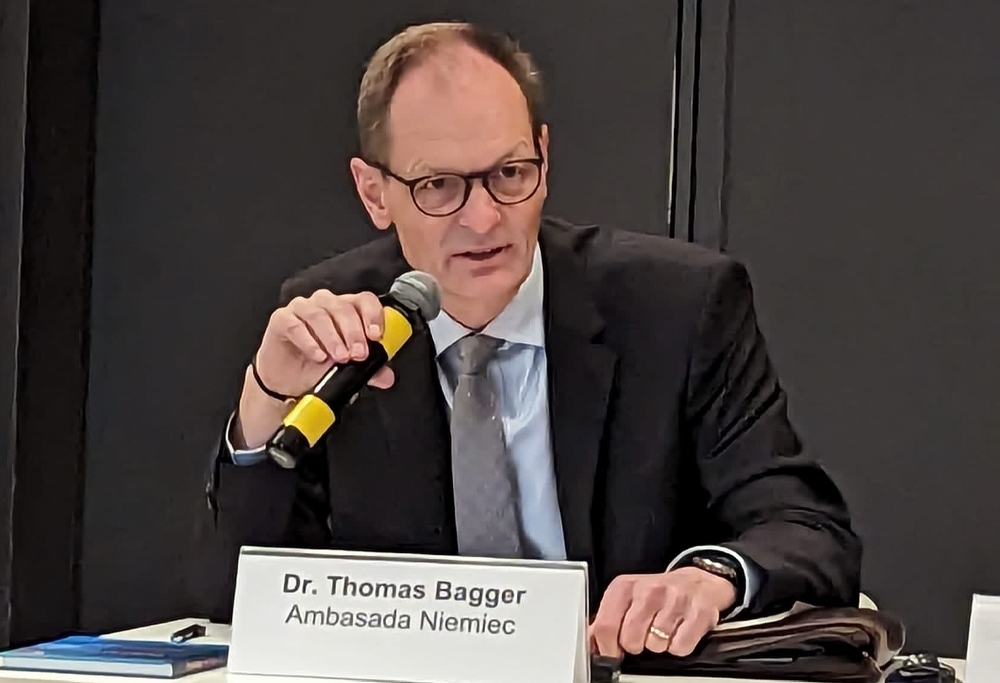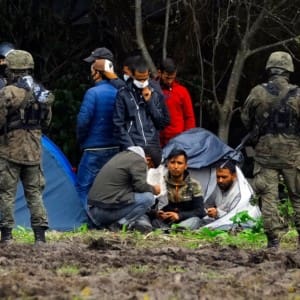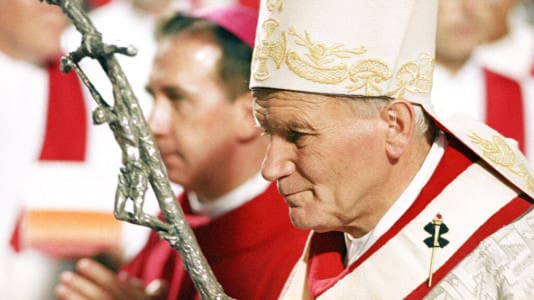Germany wants to be a “good neighbor” to Poland, but Poland’s ongoing reparations demands are a “mistake” and risk a future of mutual relations, Germany’s ambassador to Poland, Thomas Bagger, has claimed in a wide-ranging interview with Newsweek.
Berlin’s top diplomat in Warsaw covered issues including ongoing Polish-German relations, the demand by Warsaw for World War II reparations, and the Nord Stream gas pipelines.
On this last, Bagger admitted the construction of the gas pipelines connecting Germany with Russia “was a mistake.”
“From today’s perspective, there can be no doubt about that. After all, there is an intense public debate in Germany about this wrong political decision, but it is simply not true that only Germany bought energy from Russia,” Bagger told the news outlet, claiming that Poland too had transferred “billions of zlotys” to Moscow every year for Russian energy.
The future of German-Polish relations
Bagger insisted that Germany wants to be a good neighbor for Poland even though this was not always the case in the past. He claimed that the Russian invasion of Ukraine has brought the two countries much closer in terms of their worldview, but not in the way most Germans expected.
“As we know, we haven’t always been (close). I believe that the Russian invasion of Ukraine led to a strategic rapprochement between the Polish and German ways of thinking about the world, but in a completely different way than many Germans expected,” Bagger said.
He acknowledged that it is Germany “that has drawn closer to the Polish point of view” with regard to energy and defense, adding that despite the challenges involving the upcoming election in Poland and the war in Ukraine, he remained optimistic about Polish-German relations. However, Bagger said, “It takes two to tango.”
The German diplomat hoped that Poland would not use its growing international position to campaign against Germany. This, he felt, would be a strategic error. It is in this context that he views the issue of Polish claims for World War II reparations against Germany.
He said that “history should encourage us to build a better today and tomorrow” and that demanding reparations was not a good way of “seeking reconciliation.” He added that for Germany the legal question of reparations is “closed,” although he acknowledged that from a moral point of view, it never will be.
Bagger questioned whether “presenting new bills for old wounds is the best way of building neighborly relations between Poles and Germans.” He also acknowledged that Germany must continue to remember its dark history, but told Poles that “you can either have a common European future or reparations Versailles style. You can’t have both.”
Poland’s former Foreign Affairs Minister Witold Waszczykowski took to Twitter to respond to the interview. “The public performance from the German ambassador, including attacks on the Polish government, obviously meet with Berlin’s approval. This demands a more serious reaction than just chastising it in a tweet,” he posted.





